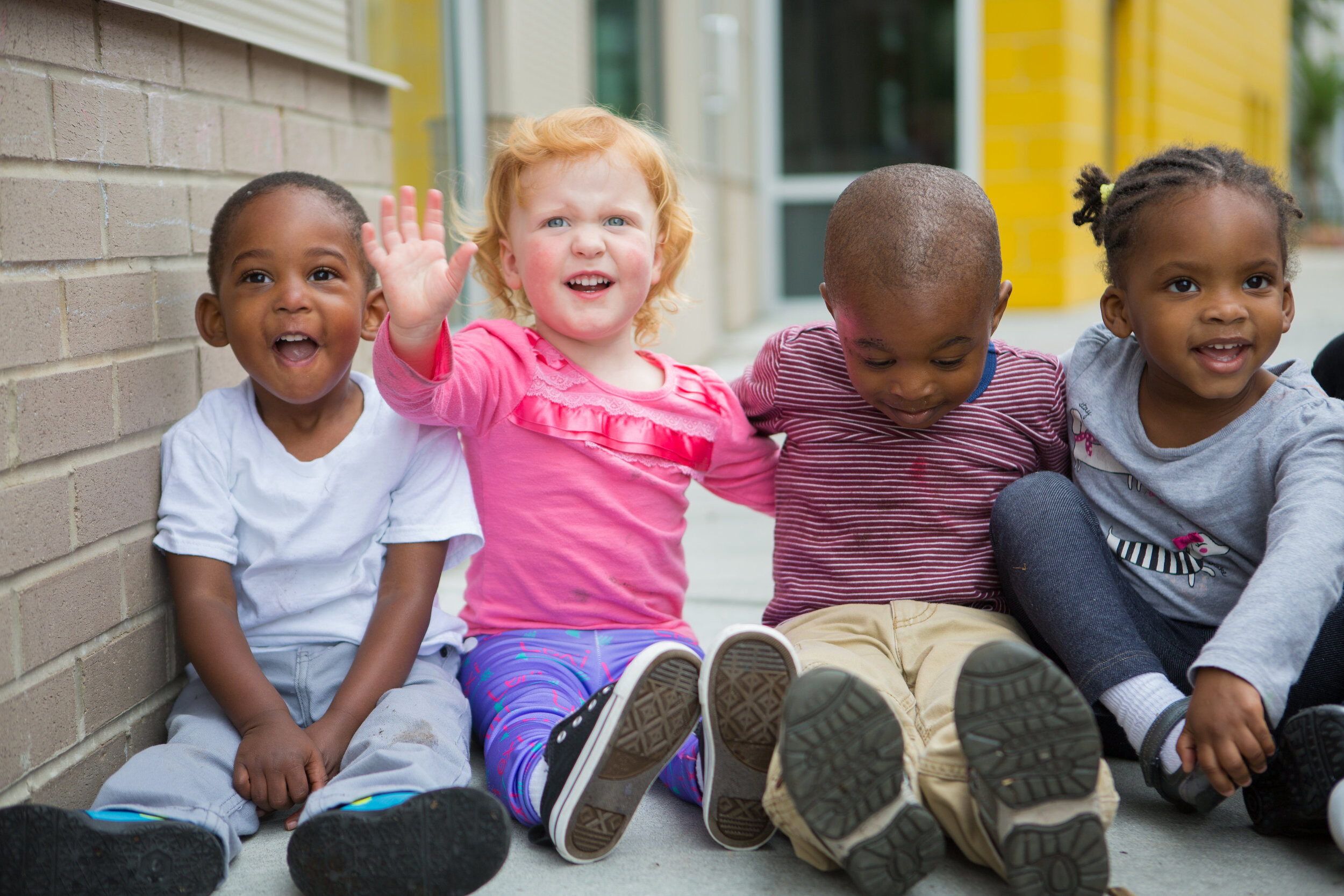Be a “feelings detective”
Parents and caregivers can learn a lot about their child by watching them from birth. What makes them anxious? How often do they get hungry? Are they fussier when they’re tired? It helps to learn your child’s patterns, and to imagine what they might be feeling. In a challenging situation, you might try asking yourself, “What else could be going on here?” This can help you respond calmly and consistently to their needs. Small children have big feelings.
Be kind to yourself
It’s easier to be loving and patient when a child is smiling and playing than when they’re crying or being demanding. But difficult behaviors are a typical part of early childhood, and it’s natural for parents to have all kinds of feelings about these challenges. Respect your feelings, make sure your child is safe, and let yourself take a break if you need to regain your cool. When you can calm yourself during challenging times, you’re letting your baby know they can rely on you to help them manage their own emotions.
Build a toolbox together
As your child develops, you can teach them to recognize their feelings by naming them, such as “It’s frustrating when you can’t get what you want”, or “It can get so boring when you have to wait”. You can also help them identify simple choices they can make to feel better, such as “Let’s wait our turn by playing with these blocks instead”, or “Let’s sing a song while we wait”. Offering alternatives helps them learn to express themselves in better ways that will serve them throughout life.
Read more from Talking is Teaching.
« School Success Starts at HomeWe LOVE The New E3 School! »


